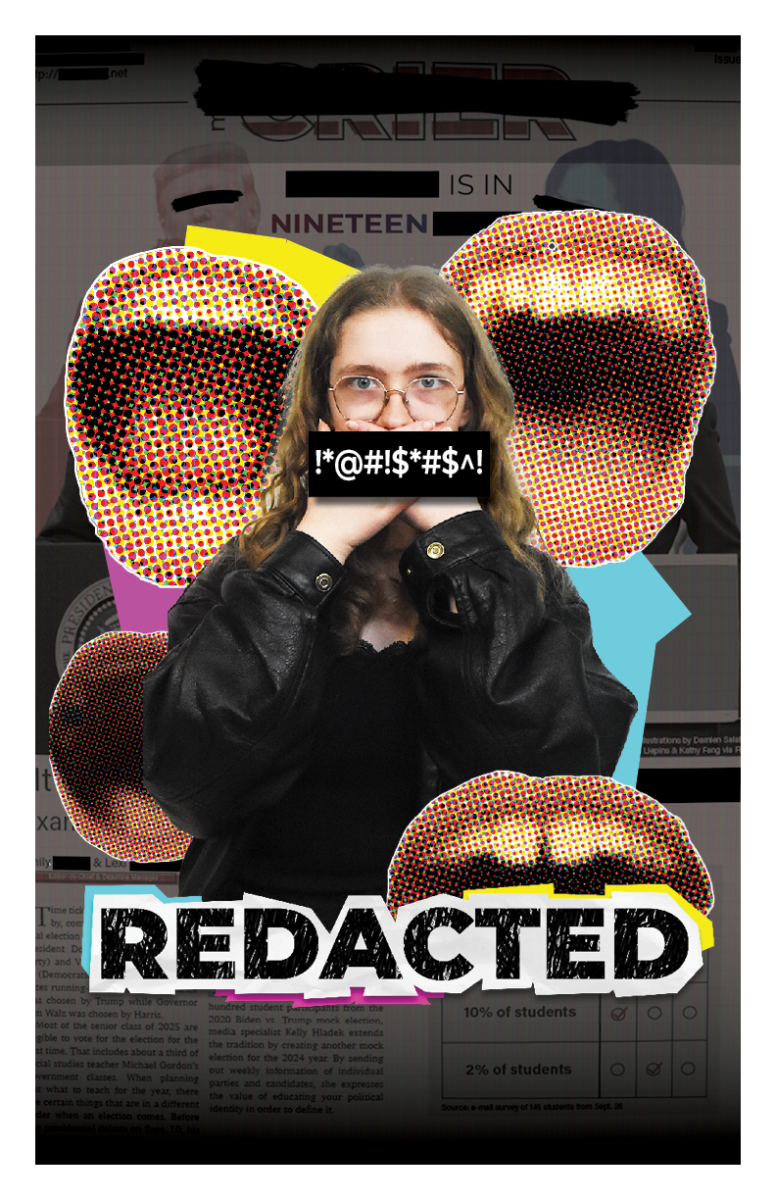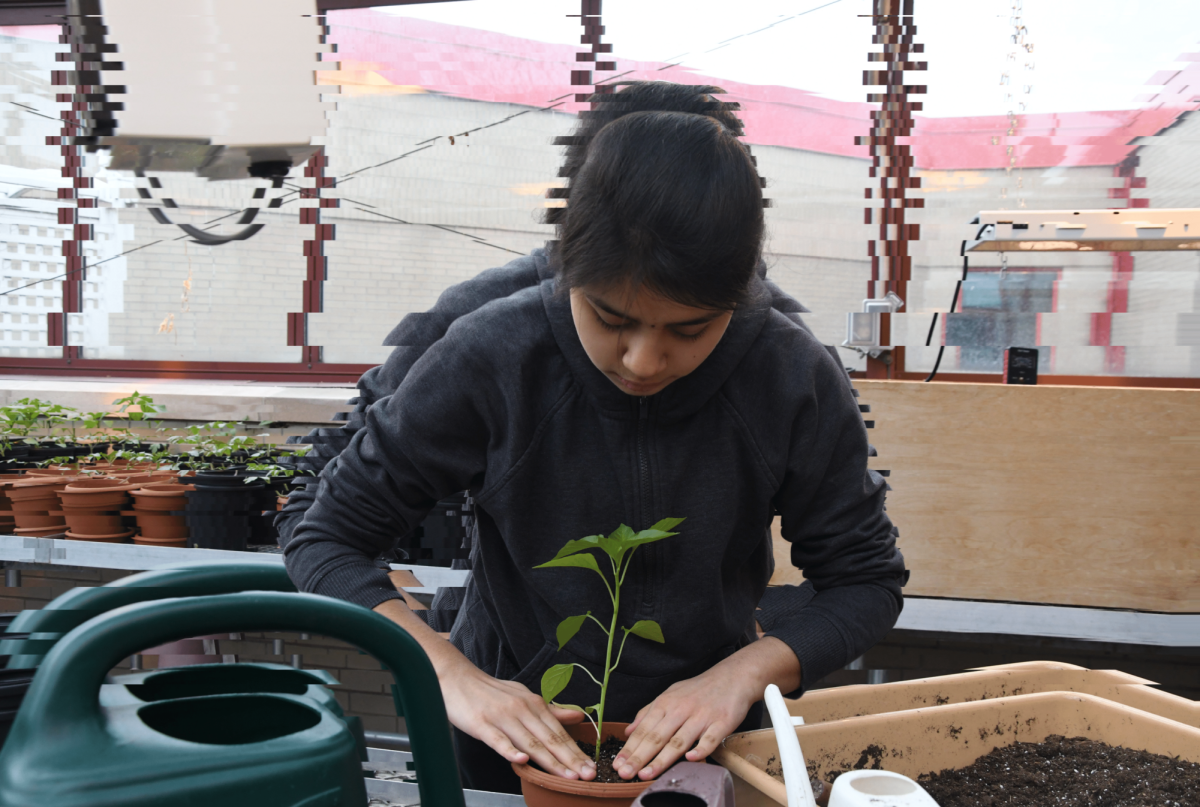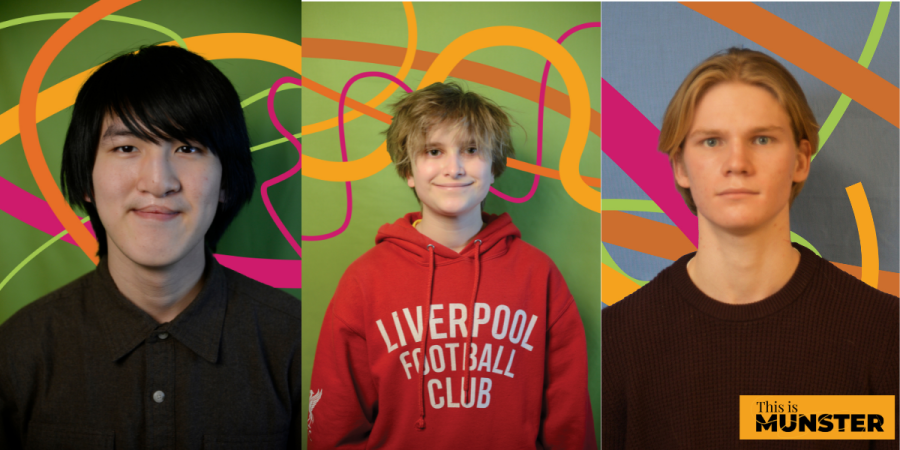Column: Activism is not a trend
September 14, 2021
Over the course of the last two summers, my Instagram timeline has changed tremendously. From a platform allowing people to share photos of themselves, it has become a place where people share information on social issues. In theory, this is a positive—all they’re doing is spreading information, right?
Wrong. The utter sense of relief and joy that I felt when I initially saw these posts quickly turned into a dreaded sense of realization within a few months. The issues that I’d seen my entire life—my familial heritage to Palestine and the resulting comments of “terrorist”—were disguised as acts of education, when in reality, the movements felt as though they were reduced to nothing in a matter of seconds. The posts promoting protests eventually started to die down—10,000 likes to 5,000 to a mere 100.
Suddenly, the Instagram stories of my peers who I had never heard speak a word about said movements went from an overwhelming amount of posts to utter, deafening silence.
To put it bluntly—reposting a story with a pretty filter and an eye-catching color scheme for a few months is not the extent of activism. Scrolling through Instagram slides and getting a few facts is not the extent of activism. Whether it’s concerning issues of racism, homophobia, islamophobia—doing no further research is a characteristic of the ignorant.
Spreading information through social media can reap benefits—but the argument falls flat when it’s exemplified as the only form of activism, and its worth shatters completely when merely used as a trend for a few months. The line between performative activism and true activism has been shown most clearly in the past year.
The long-term pressing matters of our world should not be reduced to a trend. A sudden influx of posts and advertisements by the same people who contribute to the issues they post is contradictory in itself. Activism is strongest when people sign petitions, donate, call representatives—but arguably the easiest yet most impactful method is simply reading more. Only once people actively seek out research about issues does the line between performative and real activism become most apparent.










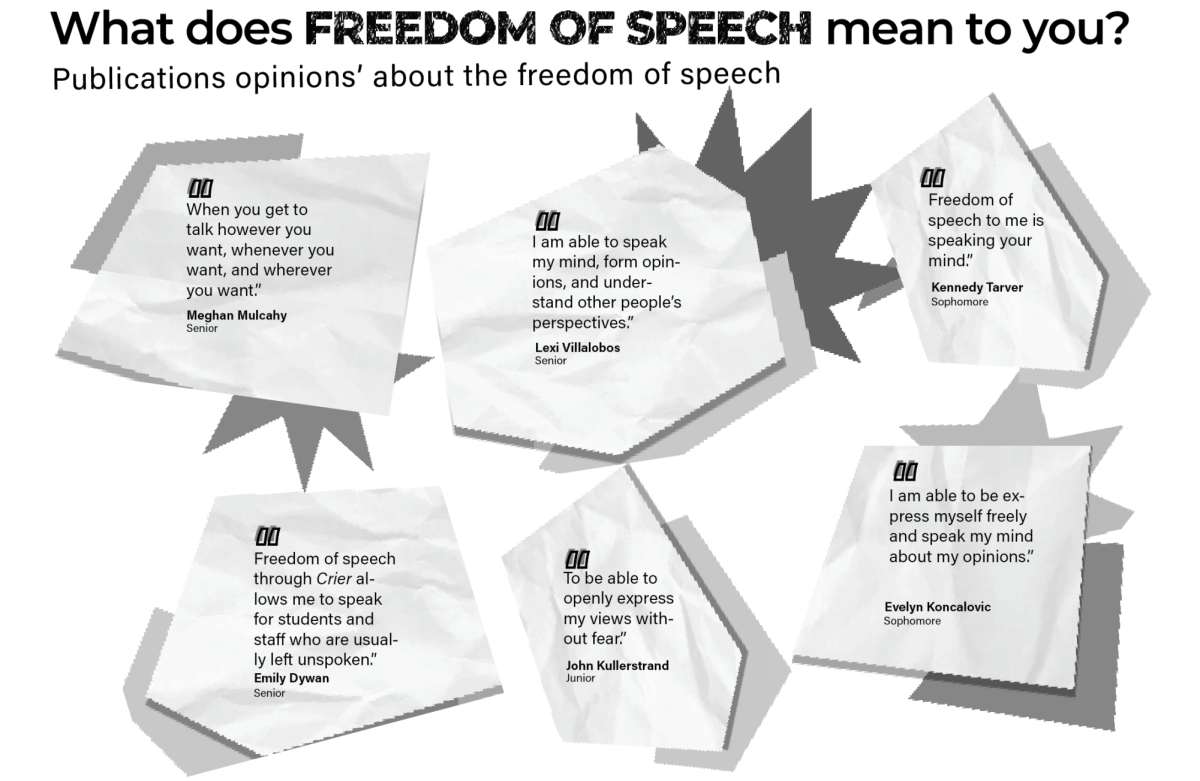
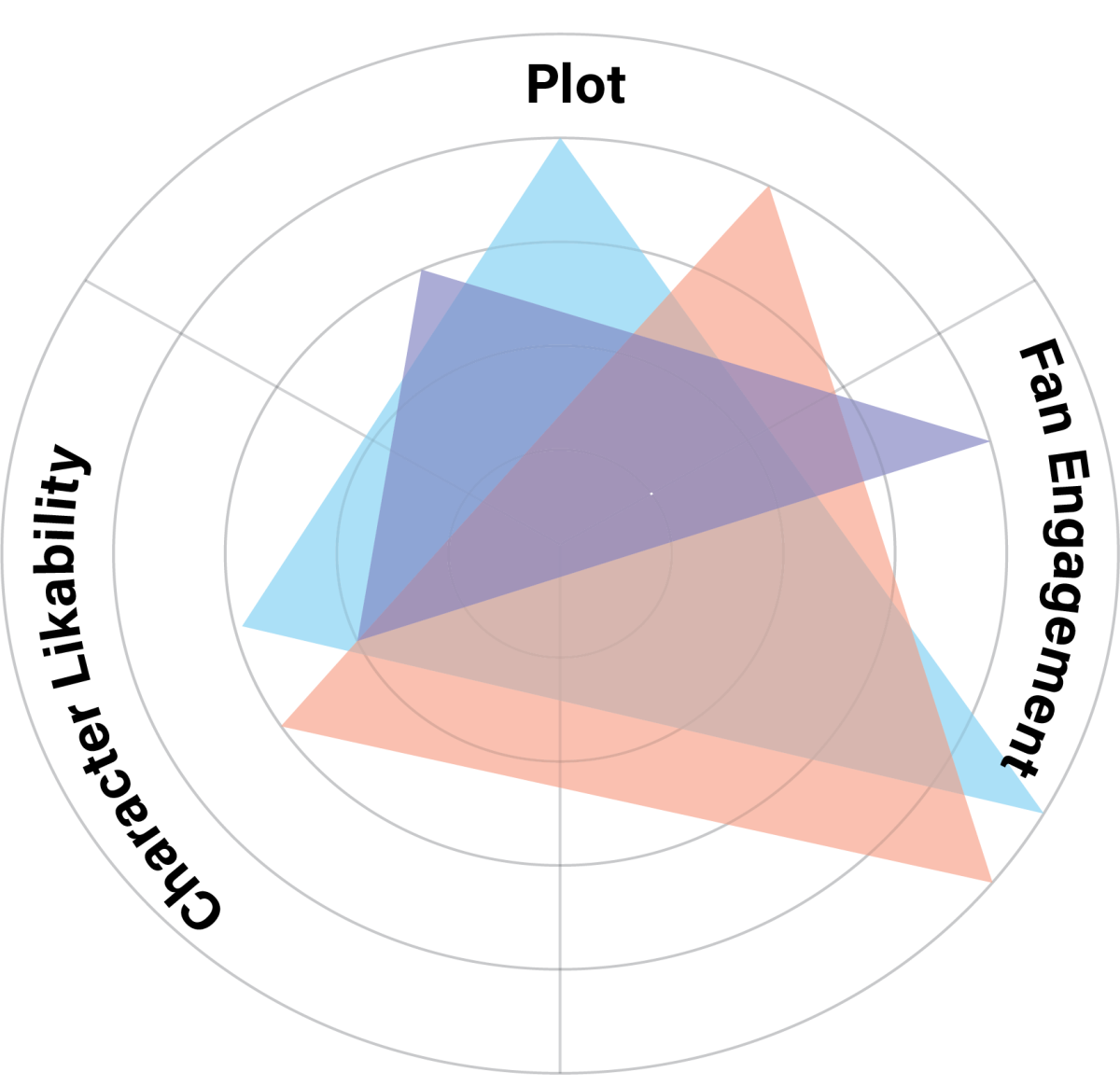


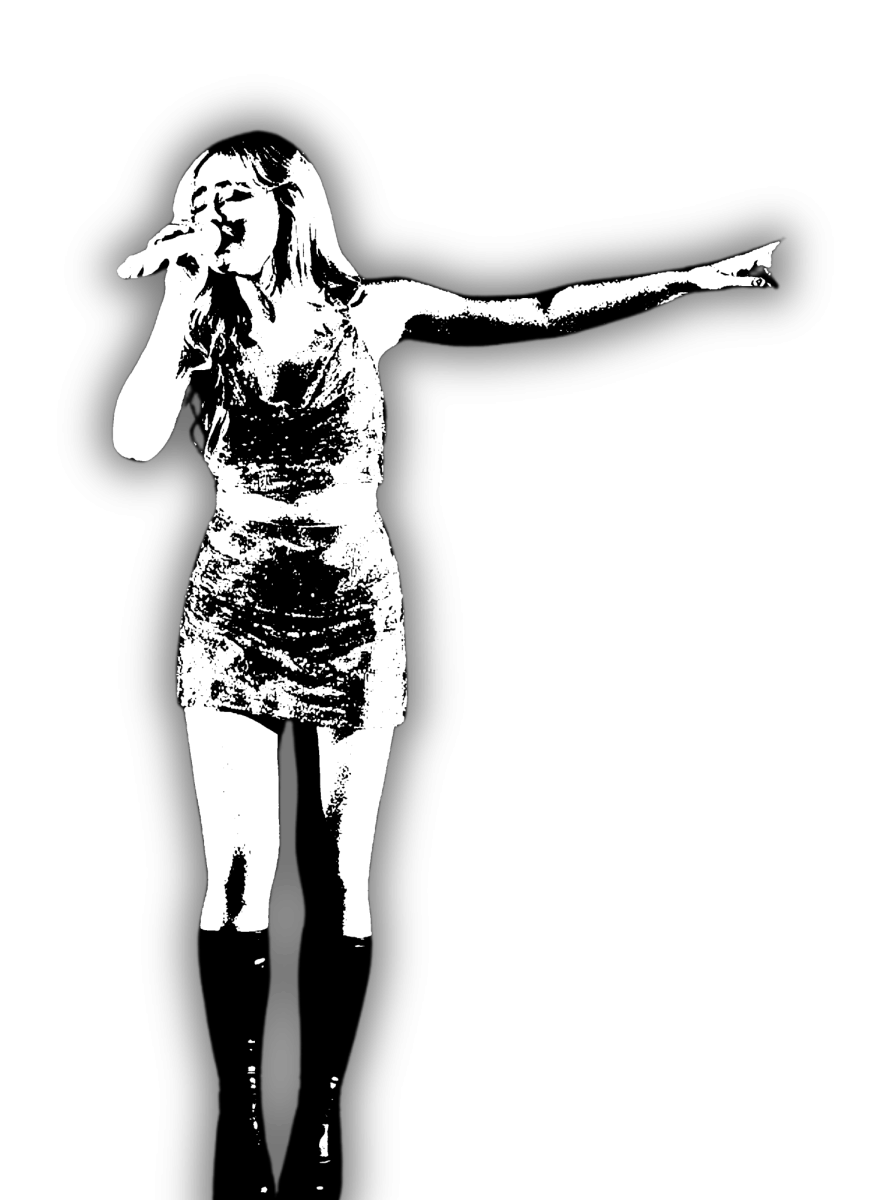


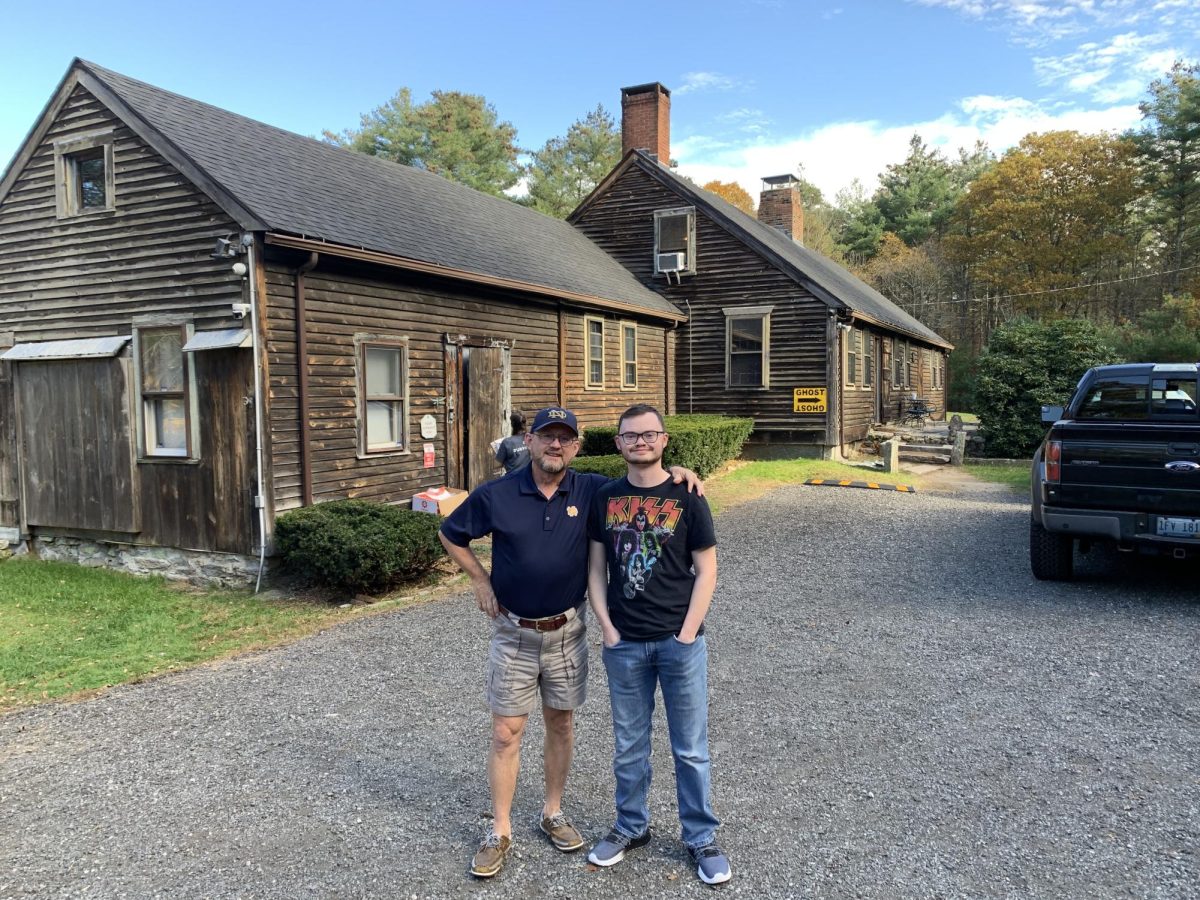
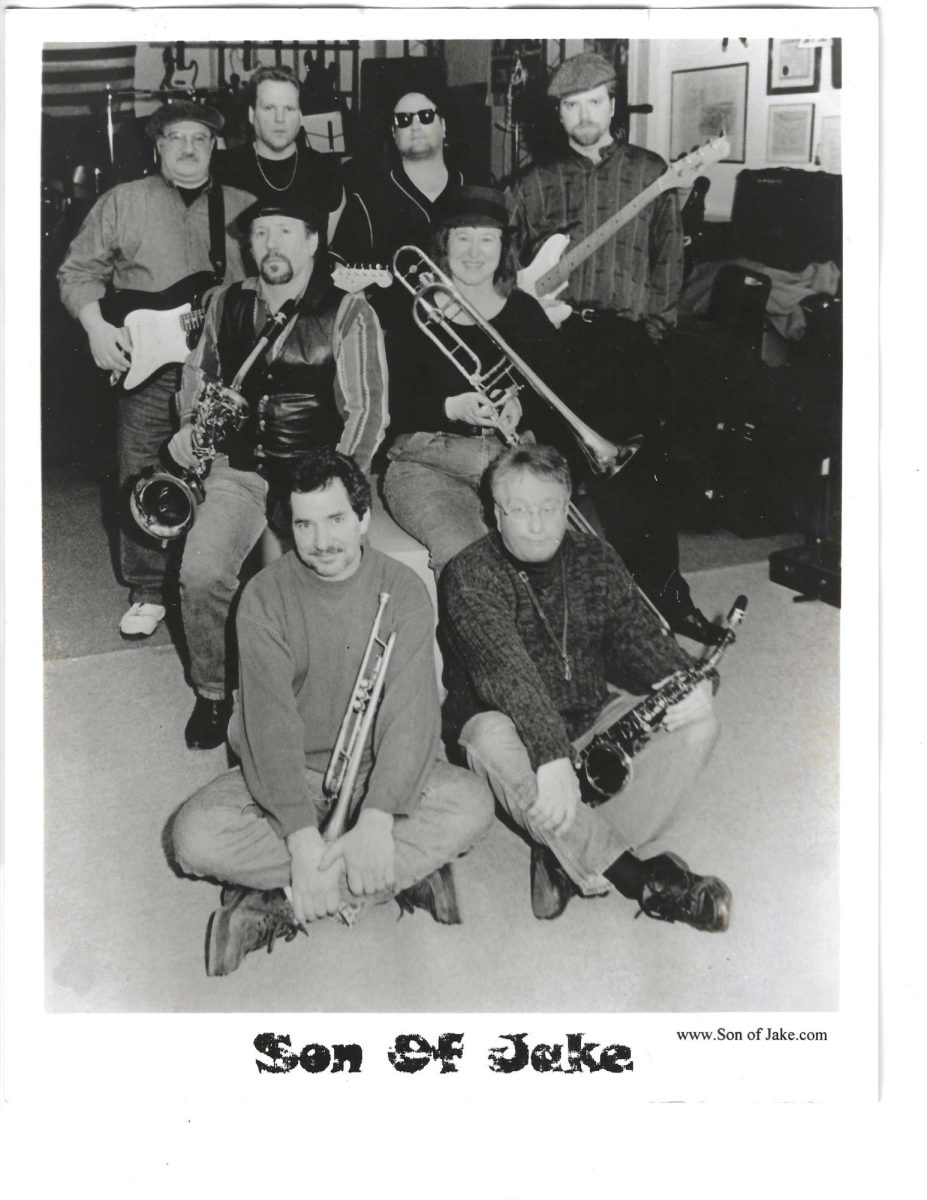




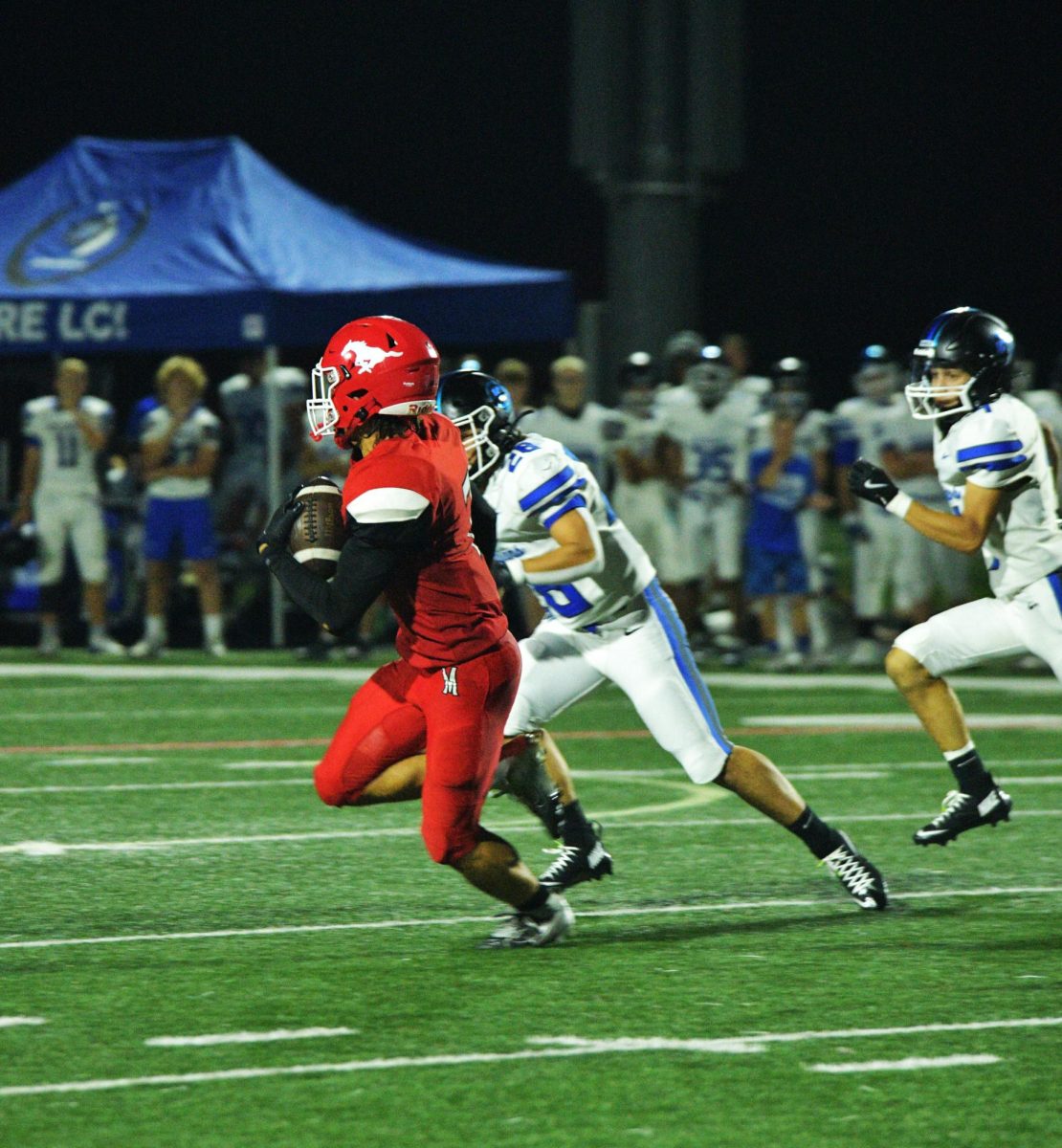
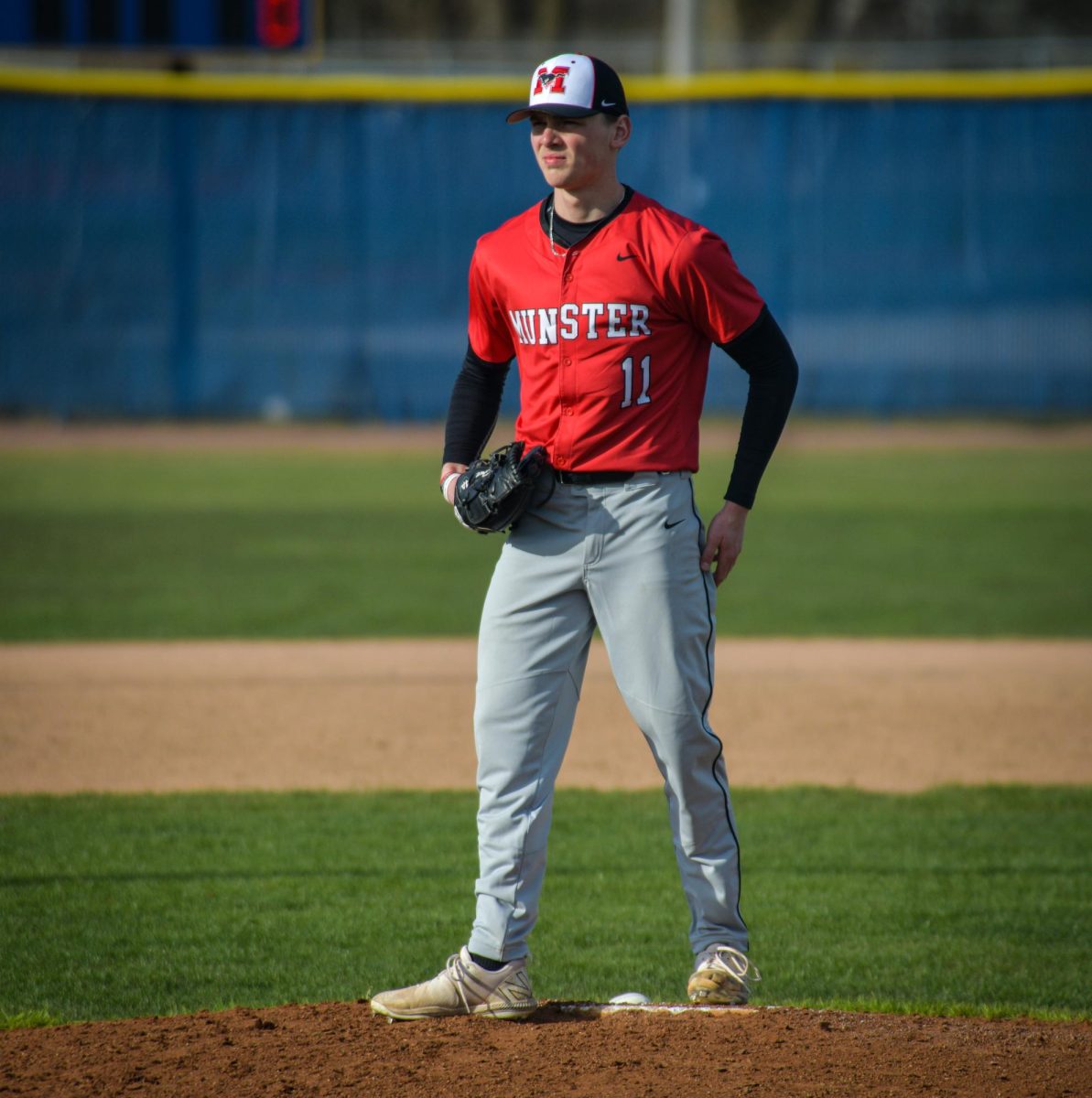

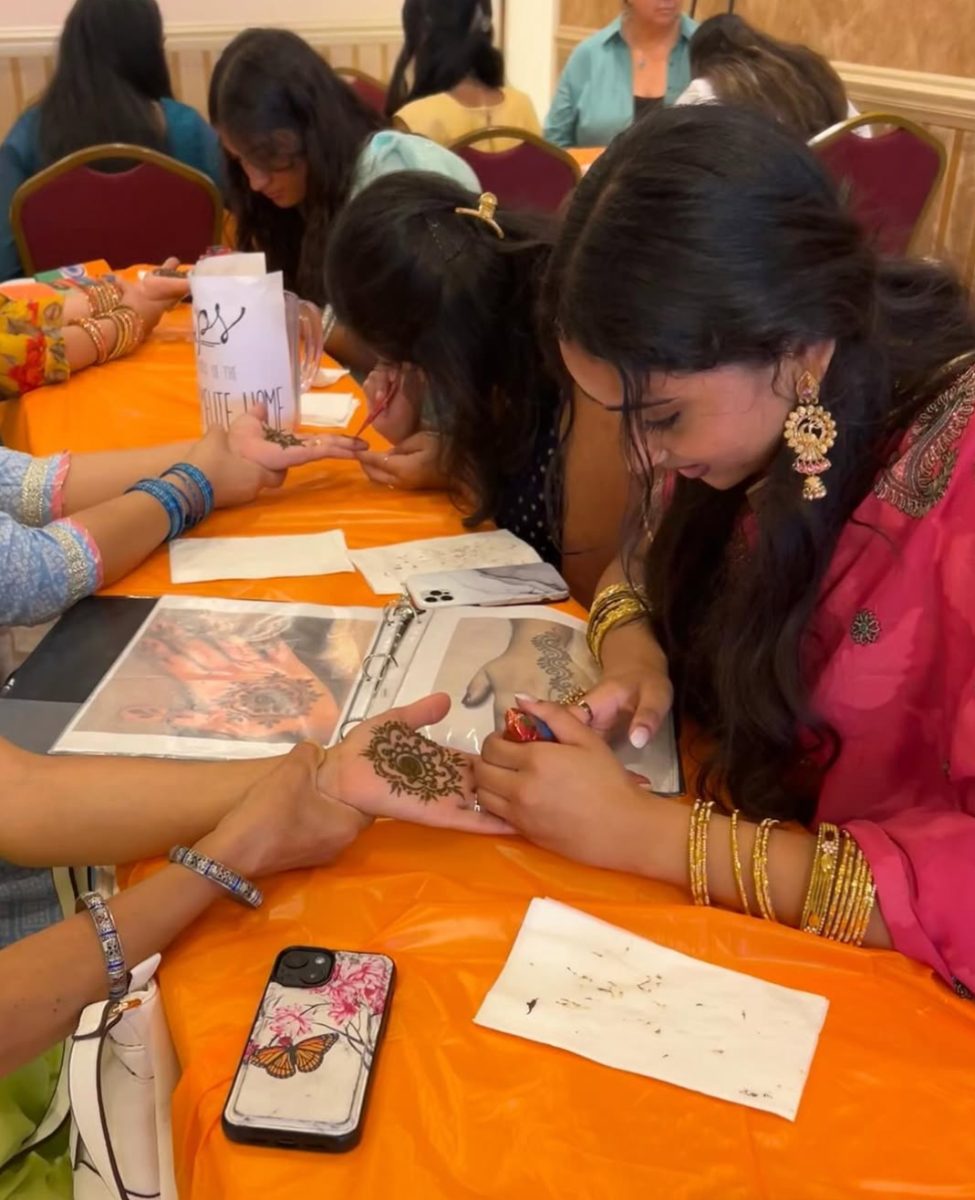

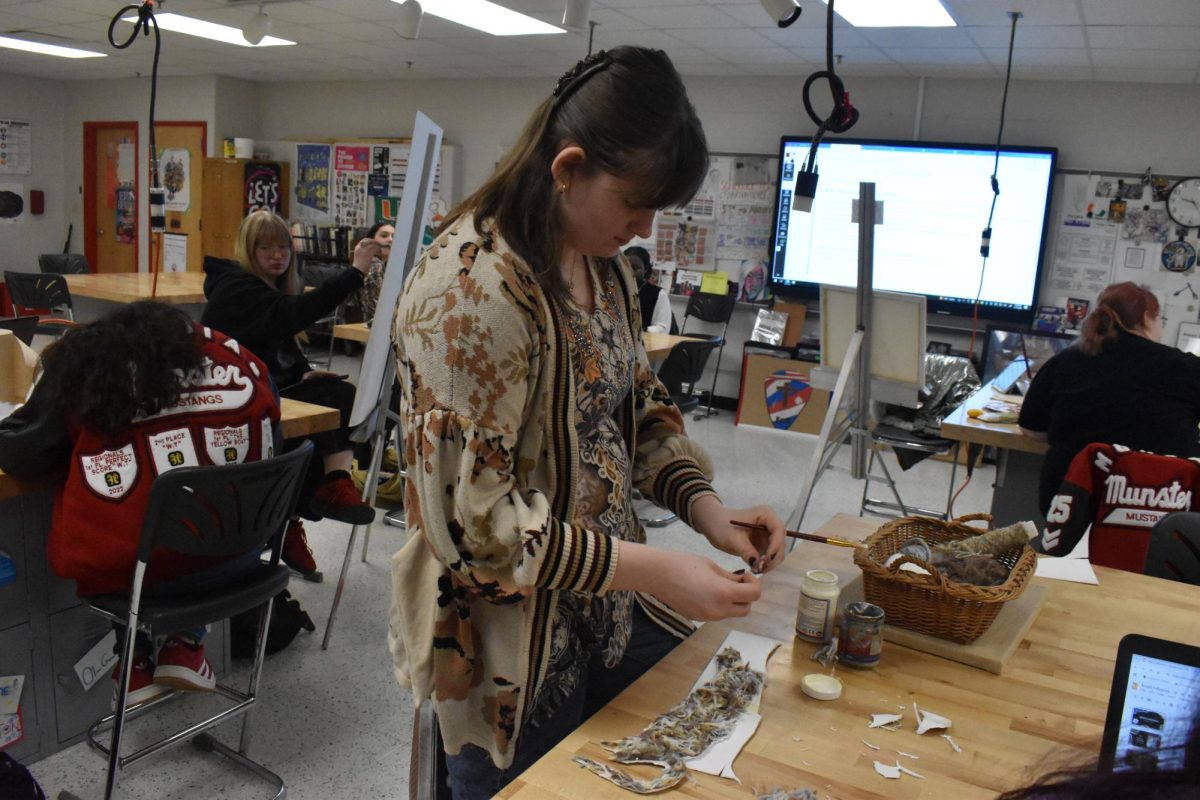
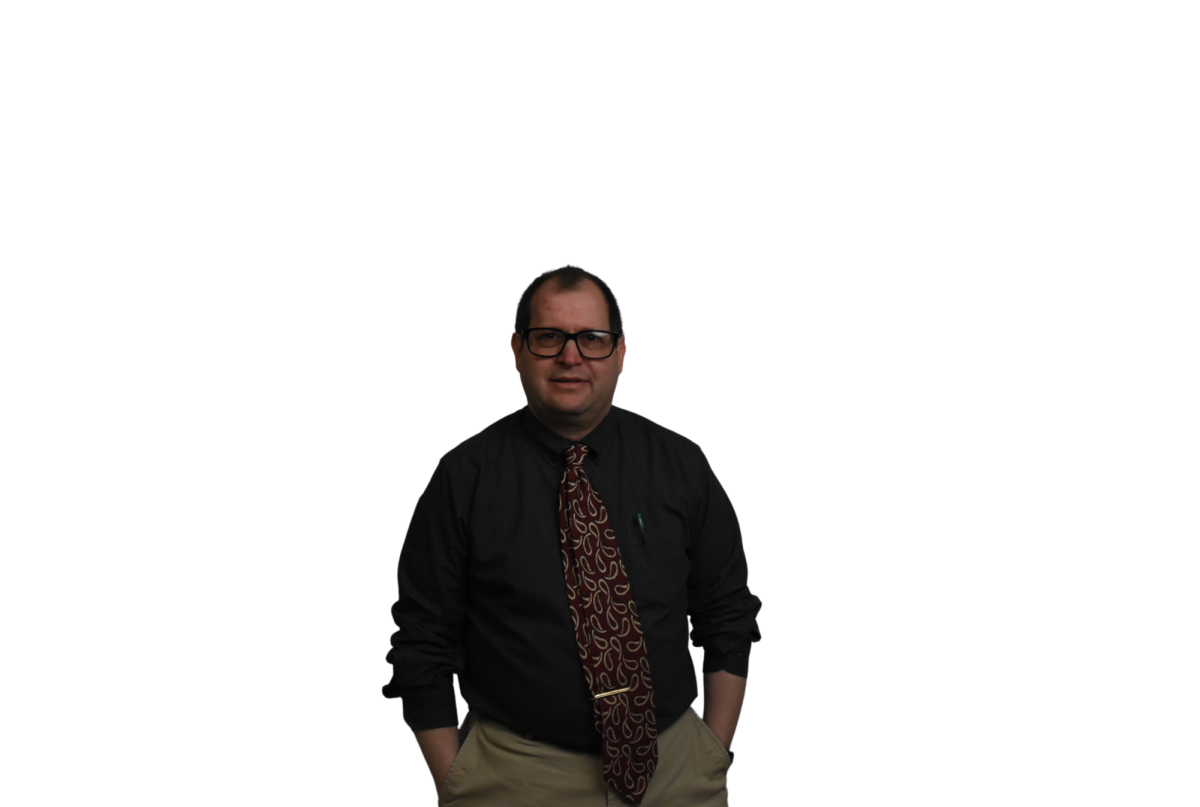

![SNAP HAPPY Recording on a GoPro for social media, senior Sam Mellon has recently started a weekly sports podcast. “[Senior] Brendan Feeney and I have been talking about doing a sports podcast forever. We love talking about sports and we just grabbed [senior] Will Hanas and went along with it,” Mellon said.](https://mhsnews.net/wp-content/uploads/2025/04/sam-892x1200.png)
